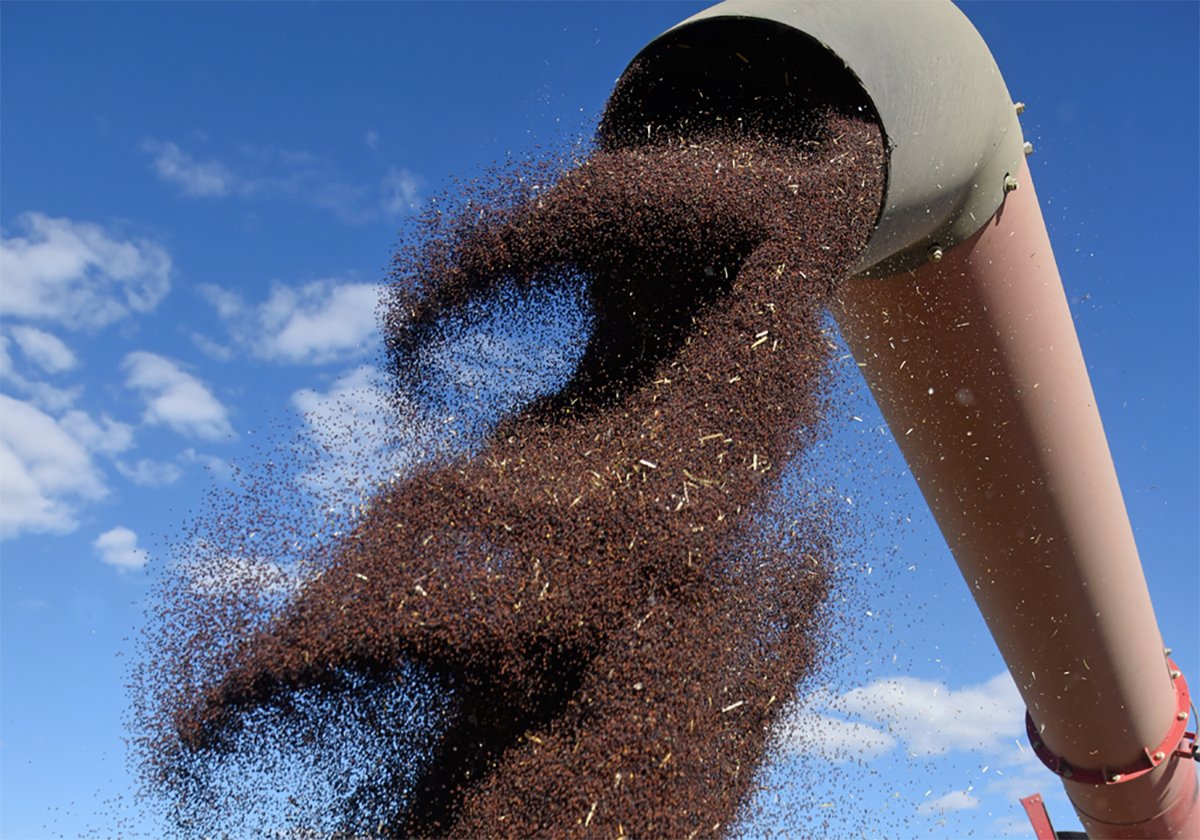Brazil to import more soybeans
SAO PAULO, Brazil — Brazil, the world’s largest soybean producer, will likely import larger-than-usual volumes of the oilseeds next year to cater to domestic demand, oilseeds crushers’ association Abiove told a recent news conference.
At the same time, internal demand is heated, Brazil will continue supplying its most prized export commodity to global clients, leaving little to crush internally, Abiove said.
Brazil’s 2021 soybean imports will be 800,000 tonnes, up from 500,000 tonnes projected in November, according to Abiove data. This year, Brazil will likely import one million tonnes, an all-time record, it showed.
Read Also

Ag minister says tariff situation with China is fragile, volatile
Agriculture ministers from across Canada said they heard canola producers’ concerns about tariffs but it seems unlikely they can do much about them.
Brazil’s soy suppliers are mainly in South America, but this year the country made a rare purchase from the United States.
Brazil has emerged as a significant soybean producer and competitive global exporter over the past few years, but demand from buyers like China depleted local stocks in recent months.
This year, Brazil’s end stocks are estimated at 219,000 tonnes and next year they will be 419,000 tonnes, according to the association.
Brazil’s farmers will reap a forecast 132.6 million tonnes of soybeans in 2021, up from an estimated 127 million tonnes in the previous year, Abiove said. It is being planted now, but a drought may hit output and affect yields.
On export markets, Brazil’s sales are forecast to reach 83.5 million tonnes in 2021, 1.2 million tonnes more than this year, Abiove predicted.
Russia announces wheat exports tax
MOSCOW, Russia (Reuters) — Russia plans to impose an export tax on wheat, economy minister Maxim Reshetnikov told a government meeting Dec. 14, as part of measures to stabilize rising domestic food prices, which have been criticized by President Vladimir Putin.
The export tax will be set at 25 euros (US$30.4) a tonne between Feb. 15 and June 30. The export tax will be in addition to a grain export quota of 17.5 million tonnes during the same period, the minister said.
United States wheat futures edged higher on Dec. 14 to hit a near three-week high on expectations that Russia’s restrictions would boost demand for U.S. supplies.
“This is likely to result in smaller Russian wheat exports due to the increased feed use of wheat domestically,” Sovecon agriculture consultancy said in a note.
Sovecon also said that some farmers could postpone selling their stockpile until the next 2021-22 marketing season, which starts June 30, 2021.
The tax may reduce Russia’s 2020-21 wheat exports by two to three million tonnes to 37.8 to 38.8 million tonnes, Sovecon said. Export prices for Russian wheat for supply in December-January are likely to rise by two to four percent.
Russia harvested a large wheat crop this year, but domestic prices have risen.
Putin criticized rising food prices, which have coincided with a fall in Russians’ incomes by 4.8 percent in the third quarter and their sharpest plunge in 20 years in the preceding quarter because of the COVID-19 crisis.
Russian sugar and sunflower oil producers will also agree to price reductions for their product with retail chains, officials told the meeting.
If this measure does not work, Russia may impose an export tax on sunflower oil and cut import duty for sugar cane, they added.














